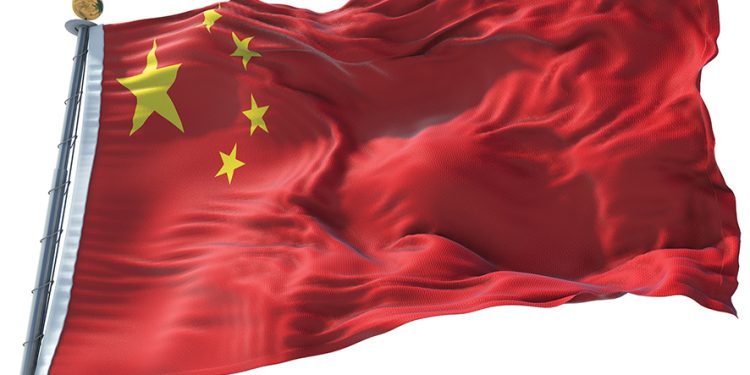New geopolitical orders usually reflect the victors’ aspirations. They are often created to forestall future challenges and therefore are in nature hegemonic and as such, perhaps it is impossible for them to be perfect at fitting the interests of all powers. New orders become most penetrating and all-encompassing when an element of ideological competition is present. In other cases, a new order could be limited in scope and simply involve military arrangements blocking the challenger.
China’s order could be agnostic, in the way that Beijing would not be interested in the internal affairs of other countries, and at the same time appreciative of some core elements of the liberal order. Free trade, and open and traversable oceans, could be embraced by China. This means that the requirements for being included in the liberal camp will be viewed as increasingly burdensome, while the Chinese approach will appear more attractive.
Though the Chinese have not revealed a detailed plan of how they see the future world order, increasingly, as the official documents and speeches of China’s top leadership suggest, Beijing is becoming more confident and forward looking when it comes to China’s place in the world. The construction of a Sino-centric world order where the West’s power is seriously curtailed, is now being actively pursued.
The Sino-centric world is one revolving around China where the latter is central not only in an economic sense but also in establishing the norms of state-to-state relations. China is trying to build a new system where traditional Western-led alliances are replaced by a global web of partnerships. Unencumbered by formal obligations, China might actually find many supporters of this much decentralized system.
The Chinese world order is also about ideas. Though the country has never experienced the equivalent of Westphalian ideas in relations with its neighbors, the Sino-centric world view tianxia, or “all under-heaven,” has been a driving force behind China’s outlook. Defeats in the nineteenth century forced China to revisit its vision of state-to-state relations. The idea of the nation state so alien to the Chinese historical experience is now cleverly appropriated by the Communist Party to attain strategic goals such as national unification and non-intervention into China’s internal affairs.
The Chinese leadership is looking far beyond securing the country’s borders and is setting its gaze on much of Eurasia. In other words, as China’s ambitions grow, the idea of sovereignty also undergoes changes. Increasingly for Beijing, securing sovereignty is about becoming dominant in key aspects which define the superpower. Whether it is attaining geopolitical goals in the Middle East or gaining a greater say in major international organizations, this is all now seen as serving China’s sovereignty.
The Chinese leadership understands that the struggle for global supremacy is not only about positioning itself as a foremost military power. Idea, legitimacy, wealth and effective lead- ership are just as crucial for attaining that cherished global role. Only a clever combination of these goals can bring China the expected results. On the economic front, China has already proved its efficiency, as shown in the relatively mild effects that the 2008 financial crisis had on the country. Even following the first harsh waves of the Covid-19 pandemic, when global economic growth was sluggish, China fared relatively well. However, a powerful economy is not only necessary for the well-being of the Chinese population but also for changing how others behave. In this, China is not doing anything different from what other big powers have done historically. The US, Russia, the EU and even smaller actors all use economic measures to turn opponents into more pliable actors. China’s punitive behavior towards Australia, Lithuania and others fits into this logic. The ability to change others’ political behavior therefore constitutes an important step for China to reshape the global order according to its own design.
Linked to the powerful economy is wealth, that is, showing how advanced and prosperous the Chinese economic model is. For the Chinese, there is nothing unusual in being wealthy and economically all-powerful. Indeed, from ancient times, China has been considered a foremost economic power. The Romans, Byzantines, Sasanians, Arabs and other West Asian powers all tried to establish close land and maritime contacts with China. Marco Polo, Ibn Battuta and other Eurasian travellers underlined the opulence of Chinese cities, their size, and the industriousness of the Chinese people. The present Chinese advancement is therefore a return to historical normalcy, which was just briefly (for a century) interrupted by a century of setbacks.
Analysis by Emil Avdaliani
Emil Avdaliani is a professor of international relations at European University in Tbilisi, Georgia, and a scholar of silk roads.














